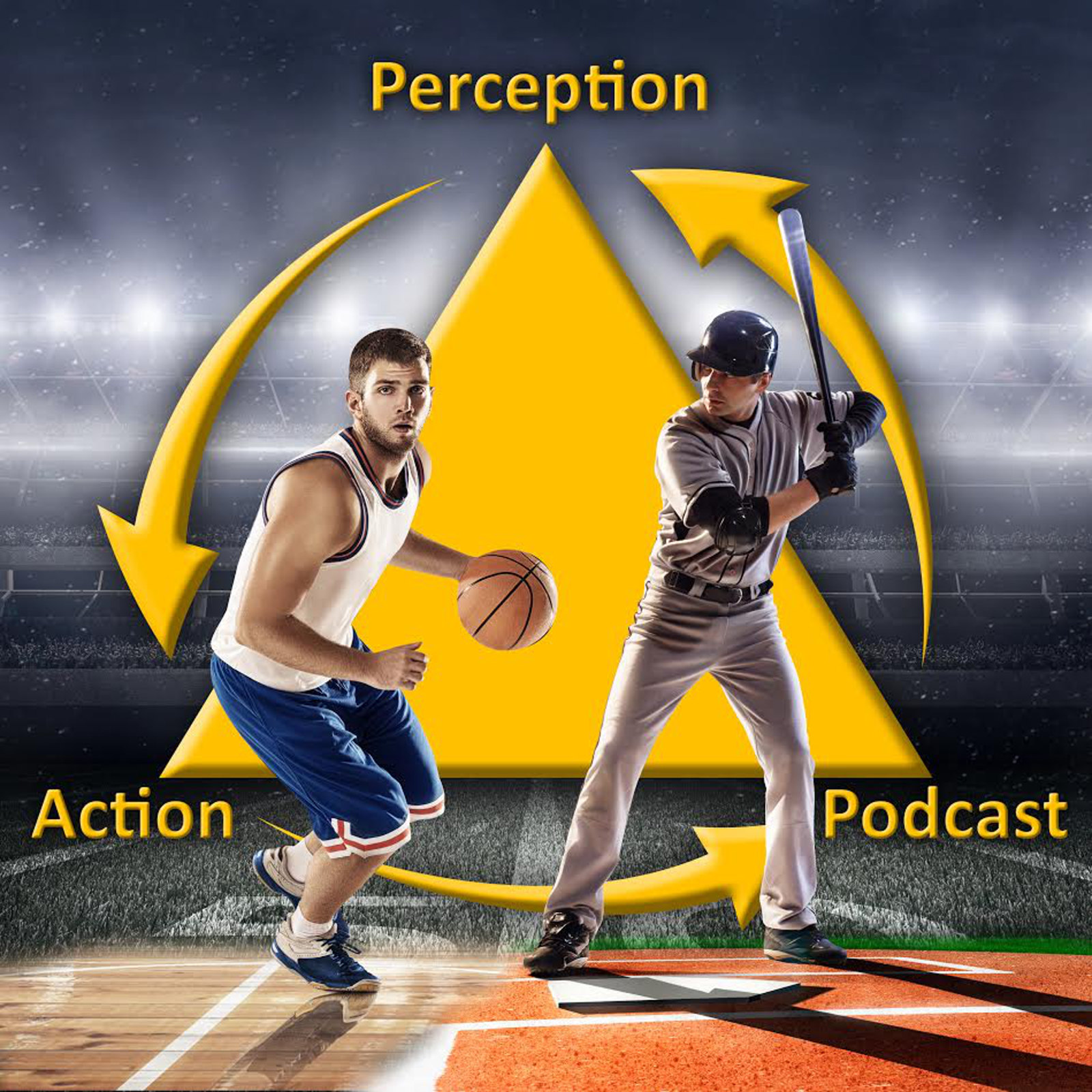11
We have all seen it. A great athlete has a chance to win a championship. All that is required for them to do something they have done hundreds of times before…sink a 3 foot putt, make a free throw, kick a 20 year field goal. And they miss! In this episode I explore the fascinating topic of choking under pressure. Why do some athletes excel in these situations while others fail? What causes choking and want can an athlete do to prevent it?
Research confessions: Choking under pressure while talking about choking under pressure
Download link
Key points:
•“Choking under pressure” is a failure to perform at one’s typical level when the stakes are the highest, has a sudden onset and can be linked to a specific high pressure situation e.g., the 18th hole or in the last few seconds of a game.
• The two most dominant theories of why choking occurs are related to attentional control
• Distraction Theory (Wine, 1971) proposes that worrying thoughts draw our attention away from the things we normally focus on (i.e., outwards) so the control of our movement is disrupted.
• Explicit Monitoring Theory (Baumeister, 1983) proposes that under the athlete starts to consciously focus on their movements (i.e., attention turns inwards) resulting in a disruption of automaticity
• Sports statistics suggest that athletes become more self-conscious/internally focused when playing in front of a home crowd resulting in poorer performance, an effect called “The Home Choke”
• In laboratory experiments, pressure is usually created by a combination of factors including competition (i.e.. offering a prize for performance), evaluation and social pressure
• The bulk of the evidence from lab experiments suggests that choking is caused by an inwards shift in attention. For example, athletes often get better at skill focused secondary tasks under pressure and training designed to prevent skill focus (ie., using a video camera) has been shown to reduce choking effects
• Pressure effects can also be measured by looking at movement kinematics, gaze behavior and brain activity
• Typically, studies using these measures have shown that expert performers that choke under pressure act like novices (e.g., they have a shorter quiet eye period). This is consistent with Reinvestment Theory (Masters, 1993) which proposes that under pressure expert athletes revert back to the novice stage and try to “re-invest” the step by step instructions (i.e., declarative knowledge) they learned when first starting to perform the action
Articles:
- Test anxiety and direction of attention
- Choking under pressure: self-consciousness and paradoxical effects of incentives on skillful performance
- Paradoxical effects of supportive audiences on performance under pressure: The home field disadvantage in sports championships
- Thoughts and attention of athletes under pressure: skill-focus or performance worries?
- Attending to the Execution of a Complex Sensorimotor Skill: Expertise Differences, Choking, and Slumps
- On the fragility of skilled performance: what governs choking under pressure?
- Knowledge, Knerves and Know-How – the Role of Explicit Versus Implicit Knowledge in the Breakdown of a Complex Motor Skill under Pressure
- Changes in putting kinematics associated with choking and excelling under pressure
- The influence of anxiety on visual attentional control in basketball free throw shooting
- Quiet Eye Training: Effects on Learning and Performance Under Pressure
- Choking under pressure: the neuropsychological mechanisms of incentive-induced performance decrements
More information:
My Research Gate Page (pdfs of my articles)
My ASU Web page
Podcast Facebook page (videos, pics, etc)
Twitter: @Shakeywaits
Email: robgray@asu.edu
Credits:
The Flamin’ Groovies – Shake Some Action
Bellevue – Pressure
Eric & Magill – Don’t Worr
Wyldlife – She’s Making Me Nervous
Mouthbreathers – Anxiety
John Collins – Watching Over Me
Farmertan – Ugly Truth
via freemusicarchive.org and jamendo.com
